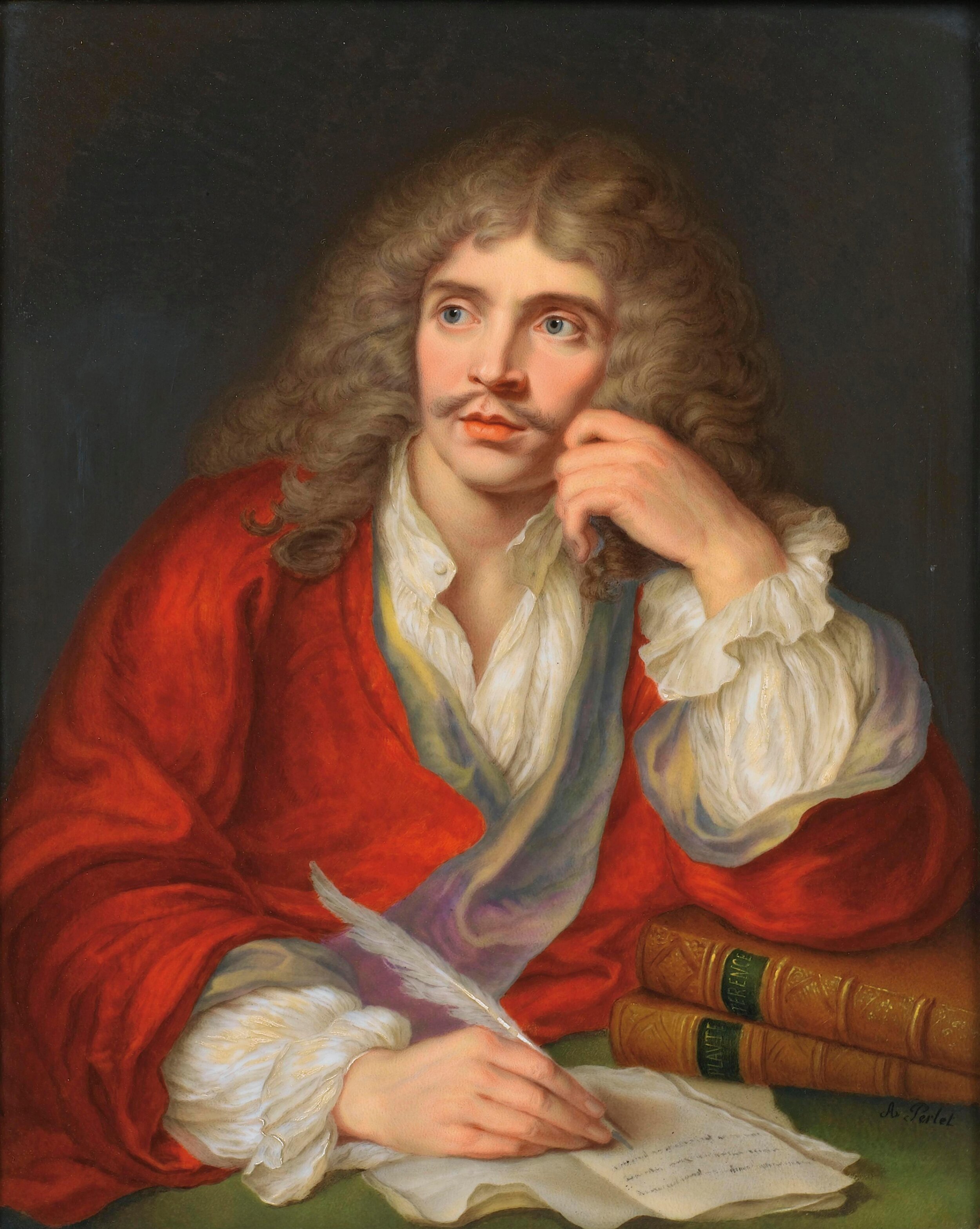JEAN RACINE’S BEQUEST
By Nora VanDer
Jean Racine
The name Racine today seems to be forgotten, merely a memento to the bygone days of early European theatre and drama. He remains undervalued by people across our nations, who seem to be unaware of the profound artistic achievements and great theatrical success of this remarkable playwright.
Born in a small town in France, Jean Baptiste Racine was indeed greeted by misery itself from the very early years of his life: with the sudden passing of his parents and not a single penny left to his name, he was subjected to great poverty and loneliness. Thereafter Racine was distanced from his sister, left to live with his father’s family.
Conceivably, the losses which Racine experienced in his childhood influenced his well-written tragedies, as melancholy was always lurking in the background; it was not long before it embraced and made itself ever so familiar to Racine, therefore making it easier to portray and express in his plays. He was well accustomed to anguish and despair and his life was most certainly abundant with loss, which can be noticed in several of his remarkable creations.
His plays have been recognised as some of the finest works of French literature and held responsible for inspiring the great Moliere, who eventually superseded Racine as “the greatest playwright of the century”, famous for his comedic dramas and theatre when he came into the spotlight many years later. Racine was inspired by the works of Richelieu, known as a patron and an early founder of the arts in France. Richelieu held such an eminent title as the curator of academia within the arts, who seemed to incite Racine to transcend above the boundaries which were deemed far too risky and intrusive to be used in writing. He was successfully able to depart from Richelieu’s ‘play it safe’ approach, with themes such as family, honour and adventure seeming to fall more deeply into controversial themes of society.
Racine’s new approach was feared and regarded with great scrutiny when it was first portrayed in `` Le Cid, which came to be one of the most revolutionary literary pieces of the 17th century. Its original encapsulation of numerous topics surrounding the cataclysmic predicaments and barriers of love , family honour and its illustrious embrace of Alexandrine verse—a stately and profoundly formal twelve-syllabic line uncommonly used in writing and scripture — inherently remains one of the greatest literary risks. It consequently developed an astute reputation within France, the world of art and the many archaic legacies of great dramatists.
Molière
Moliere seemed to steer clear from tragic woes and heart wrenching tales, which were met with prickling gasps and trembling hearts, and instead created such works which left one gasping for breath and overcome by hysterical laughter. He secured his recognition from King Louis XIV in 1658, who, in a very random manner, held a place within the audience, as he came to watch the comedy about the affected young ladies. It is unsurprising as Moliere was certainly well known and regarded with high recognition. It is said that he had little to no trust in his subjects and therefore chose to publish his plays, in order to avoid other writers and companies from pilfering and pirating his hard thought ideas. His plays aimed to amuse rather than educate or elevate those who peered on at the performance from within the wide-eyed crowds who awaited another bawdy remark or an exaggerated impression of a doltish character. People seemed to crave such humour as an escapist device, away from the harsh realities and political scandals going on at the time. As it is rather frilling to lose oneself within such a play, which mocks realism and gives way for pretence, one can only wish and believe. However, Moliere’s approach seemed to cause great hardship and travesty from his tendency to write plays of a controversial nature, which continued to haunt him after the publication of Tartuffe, which aroused a scandal amongst the clergy in France. Yet it's quite right to say Moliere’s successes and gnarly works indeed seemed to have overly exceeded Racine’s far more humble pieces. A little too experimental and I may say - less skilled than his tragic counterpart.

